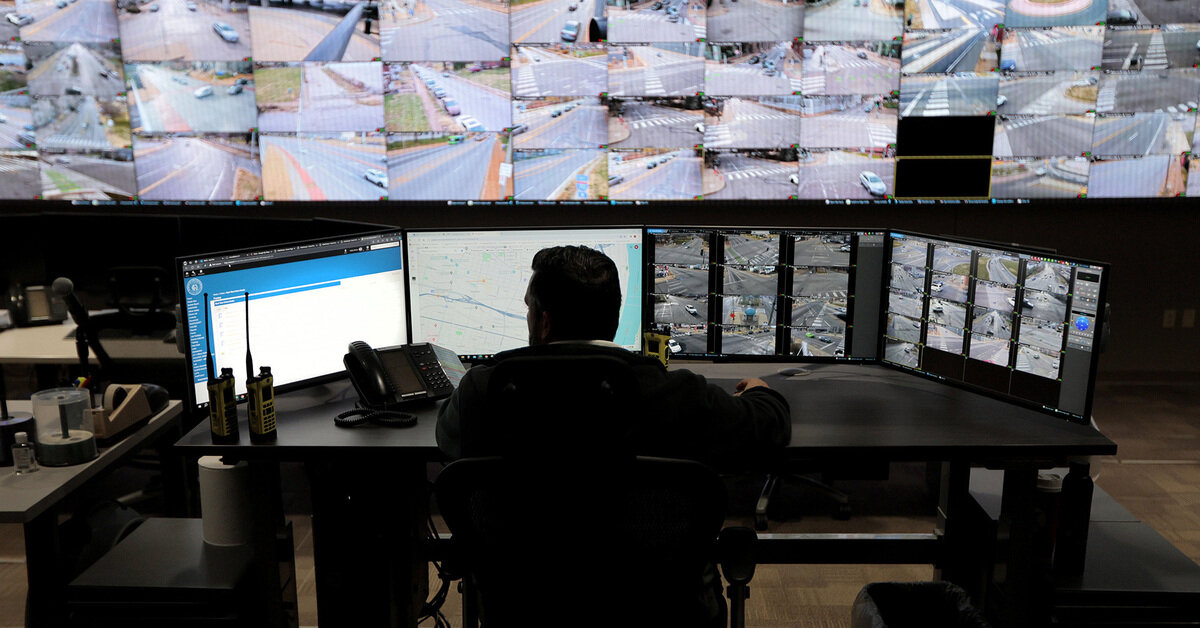Private security footage is nothing new to criminal investigations, but two factors are rapidly changing the landscape: huge growth in the number of devices with cameras, and the fact that footage usually lands in a cloud server, rather than on a tape.
When a third party maintains the footage on the cloud, it gives police the ability to seek the images directly from the storage company, rather than from the resident or business owner who controls the recording device. In 2022, the Ring security company, owned by Amazon, admitted that it had provided audio and video from customer doorbells to police without user consent at least 11 times. The company cited “exigent circumstances.”



I had one of those Vivent door to door folks walk up to me one day, garage open. I was polite enough but explained I had no interest in storing a video feed of my house on their servers as I’d like to do illegal things if I want. They assured me it was stored with “aes256 encryption” - which they expect most laymen to be wowed by - but what good is encryption if they own the keys and crumble to government requests?